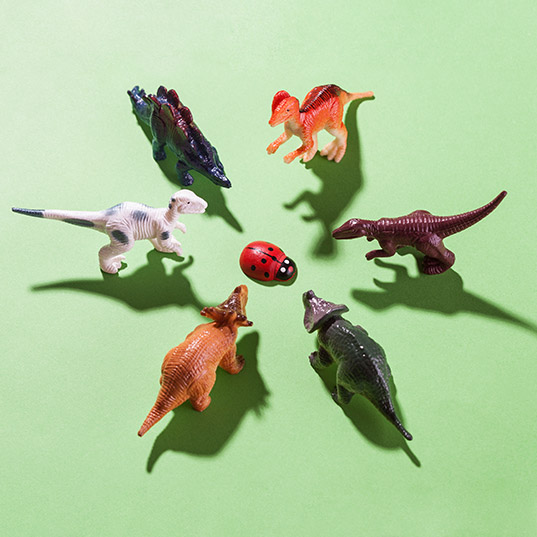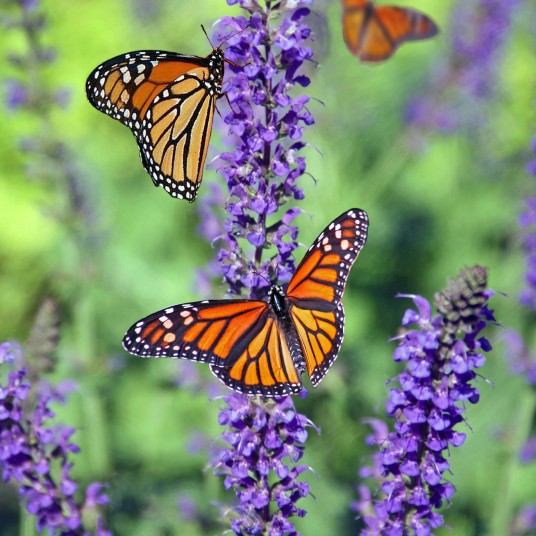A typical occurrence on road trips. The car windscreen splattered with little stains reducing vision and obliging us to work the wipers repeatedly. A good thing? You would have thought so. But recent research studying the impact on vehicles has put it down to a decline in insect life. It might make driving easier, but undoubtedly represents a devastating indicator for biodiversity.
What will I learn from this article?
- Why are insects are colliding less often with our windscreens?
- What does this decline in insect life mean?
Flying insects no longer collide with our cars
UK drivers have noticed a strange phenomenon. The insects that used to plaster their cars during a journey seem to have disappeared. This is confirmed by a new study affirming that the number of flying insects in the United Kingdom has experienced a fall of 60% since 2004.
According to The Guardian newspaper, researchers warn that this disappearance is a worrying phenomenon, since insects play an essential role in guaranteeing life on Earth. Matt Shardlow, CEO of Buglife, the organization behind the study, says their research showed that the number of flying insects is falling by an average of 34 % per decade.
“The number of flying insects is falling by an average of 34% per decade.”
 The first such analysis took place in 2004 and concluded that only 8% of journeys in a car did not feature any insect impact. But the data in the 2021 study revealed that there were no marks derived from insect impact on 40 % of vehicles. Although other factors could have influenced the results, such as a more aerodynamic design of cars.
The first such analysis took place in 2004 and concluded that only 8% of journeys in a car did not feature any insect impact. But the data in the 2021 study revealed that there were no marks derived from insect impact on 40 % of vehicles. Although other factors could have influenced the results, such as a more aerodynamic design of cars.
The falling number of insects, however, is a problem that affects the whole world. Another study by University College London (UCL) showed that climate change and intensive soil use for agriculture were responsible for a 49 % reduction in insect numbers in the most affected regions of the planet.
How the decline in insect life affects biodiversity as a whole
The planet-wide reduction of insect populations threatens to cause a catastrophic collapses in natural ecosystems, according to yet more research published in Science Direct. 40 % of insect species are experiencing significant population declines and a third are at risk of extinction, it says.
In fact, the extinction rate is eight times faster than that of mammals, birds or reptiles. The total insect population is dwindling at a rate of 2.5% per year. In less than a century, insects could disappear completely.
“40% of insect species are experiencing significant population declines and a third are at risk of extinction”
Pollinating insects (such as butterflies, some flies, and bees, among others) are essential to food production. According to data from the Food and Agriculture Organization of the United Nations (FAO), 75% of crops depend to some degree or other on these creatures for their pollination. And, in productive terms, an estimated 35 % of food harvested depends on pollinating insects.
 Pollination is the most visible aspect of the working of insects, but not the only one. Decomposer insects play a fundamental role in the sustainability of the land. Beetles, for example, contribute to keeping clean the pastures where livestock graze. Without them, this land would be saturated with excrement.
Pollination is the most visible aspect of the working of insects, but not the only one. Decomposer insects play a fundamental role in the sustainability of the land. Beetles, for example, contribute to keeping clean the pastures where livestock graze. Without them, this land would be saturated with excrement.
Insects are also a key species for ensuring the correct working of ecosystem services.
As well as pollination, biologically they control plagues and act as bioindicators for streams and the health of soils. Many dragonflies, for example, control populations of disease carriers such as mosquitoes by eating them.
In Europe, intensive farming has been identified as the main cause of falling insect populations. In other parts of the world, climate change and deforestation are also responsible, say scientists.
Limiting global warming and promoting agriculture that is less aggressive toward insects are essential to guarantee their survival. But people can also help on the individual level.
Wildlife experts are urging us, instead of killing flies with rolled-up newspapers, to open the windows in our homes to let insects fly freely back to nature. A small gesture that can make a big difference.
As with everything related to environmental conservation, every element, no matter how small, has a fundamental role to play in maintaining biodiversity. If tiny insects are so vital in the big scheme of things, imagine the difference seemingly insignificant actions by humans can make. It’s is in our hands whether or not we generate a positive impact that can benefit everyone and everything.
Sources: